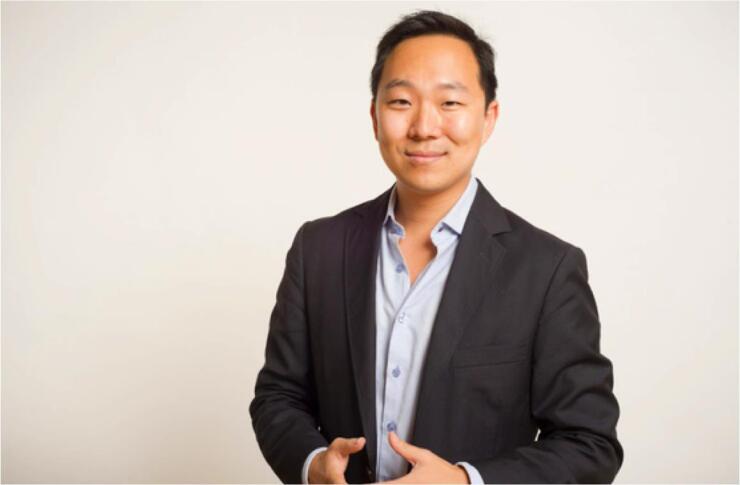Want unlimited access to top ideas and insights?
The Bill and Melinda Gates Foundation has conducted a worldwide study to help financial service providers and governments understand the needs of the underbanked.
The report, which is called The Human Account, was announced Thursday night and is being released piecemeal at
In an interview, David Kim, program manager, Financial Services for the Poor at the foundation, said there were two intentions behind the research.

One is to better describe this group.
"The tenor of the conversation has felt off,” Kim said. “We tend to talk about 'the Poor' with a capital P, or 'the Underserved' with a capital U, without getting at the nuance and understanding we need to inspire differentiated products.”
The second is inspire better product and policy innovation.
The World Bank maintains a global Findex database that tracks how people use financial services around the world, Kim noted. But when his team in Seattle analyzed that data to look at why people don't have a financial account, the No. 1 response was, I don't have enough money. The second reason was, I just don't need one.
“When we looked at the results, something felt off,” Kim said. “How can that be? What are we missing?”
The Bill and Melinda Gates Foundation worked with Rockefeller Philanthropy Advisors and Dalberg Design to conduct the survey. (In the past, the foundation has worked with CFSI to study the financial health of Americans.)
The Human Account surveyed 11,500 low-income people in six countries (India, Kenya, Myanmar, Nigeria, Pakistan and Tanzania). The researchers then conducted long follow-up interviews with 76 people to create personas for poor people, such as “Strivers” and “Educated Elite.”
The researchers hope the study will inspire banks in the U.S. and other countries to come up with innovative products and services for poor people.
"A lot of financial institutions don't have the desire or the wherewithal to go deep into that bottom-of-the-pyramid segment because they don't know if it will pay off in the end," said Renee Karibi-Whyte, vice president, Rockefeller Philanthropy Advisors. "By Gates funding this project, where we can look at the psychographic, demographic and behavioral aspects of how people make financial decisions, the hope is that that will open market opportunities, not only for financial institutions but economic development opportunities for the people who can benefit from increased access to financial services."
The hope is that banks can get ideas for products that people in these segments could use, beyond payday lending.
"I think some people are afraid of people who are very low income because they lump them all together in one pile," Karibi-Whyte said. "They think, this is low income people, they have no credit history. Whereas if we look at the behaviors and break them down in segments, there are people who are strivers and they show these characteristics. We can segment them and weed them out of this low-income pool, maybe that's the way to look at it. If they can find a way to identify the people who are lower risk then they're potentially good customers. Maybe we need something like this to spur innovation."





